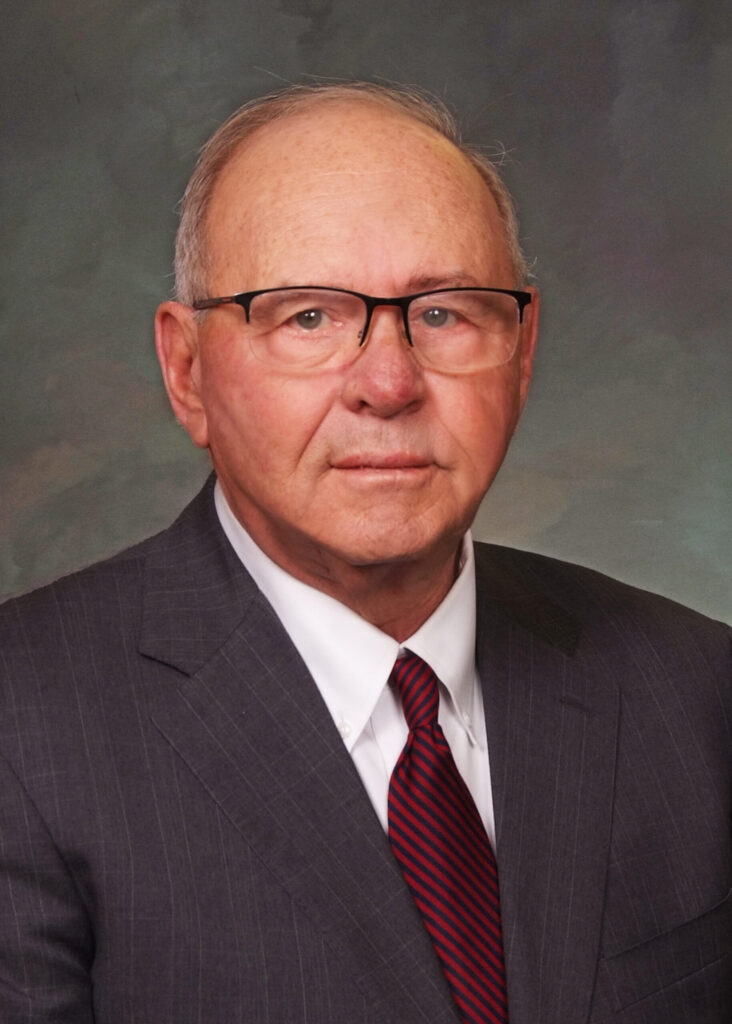How Colorado education’s financing problems lead to its trust problems | NOONAN

Paula Noonan
School finance, proposed constitutional amendments on school choice, and bad faith union contract negotiations headline today’s education world in Colorado.
Colorado’s kids got the short school-funding straw for 15 years starting with the Great Recession in 2008, and school district employees did too. In 2022, Denver Public Schools’ union, Denver Classroom Teachers Association (DCTA), negotiated a contract that delivered progress toward remedying that history of low pay. It gave teachers a 2.7% salary raise and caught up to inflation with a 3.5% cost of living increase.
Fast forward to 2024-2025 and the story gets much more complicated. It’s a parable of how today’s math problems lead to today’s trust problems. When DPS produces its annual budgets, it uses a “cast forward” method of estimating what its expenses will be from one year to the next. “Cast forward” assumes the teachers from one year will be on staff the next year. It calculates how much that cohort will cost as the cohort moves along the steps and lanes (years of service plus advanced degrees) established as the basis of the salary program.
Stay up to speed: Sign up for daily opinion in your inbox Monday-Friday
The district also performs a turnover accounting that adjusts for teachers leaving the district, either retiring or for other reasons. When experienced teachers depart, salary expense often goes down. In 2024-2025, DPS’s budget people excluded turnover savings from its budget calculations.
Enter the state’s budget from stage right. The 2024 General Assembly finally managed to fund school districts to the total required by the state constitution. Even so, DPS received about $5 million less than the previous year from the state. That amount created a deficit based on the “cast forward” accounting method. DCTA argued the deficit could be resolved by including turnover savings in the budget calculation, thus reducing the “cast forward” salary number. DPS rejected that solution. Instead, it fixed the deficit by shorting teachers their negotiated cost-of-living (COLA) adjustment.
DCTA filed a grievance against DPS for the COLA, arguing the district should apply the turnover savings to its budget calculations as it set salary and COLA amounts. DPS disagreed, asserting the turnover adjustment wasn’t explicitly spelled out in the contract as a budget calculation factor. The mediator ultimately agreed with the district, somewhat reluctantly according to the written opinion. He did cite the district for failure to pay DPS teachers an agreed-upon $1,000 each to partially offset the lost income dollars. That citation was on Feb. 12 and the district finally coughed up the money soon after.
That DPS decided to hold on to the negotiated COLA money when educators were underpaid for 15 years is unsettling. As prosperous as Colorado is as a state and Denver is as a city, the cost-of-living increase for classroom teachers should not be in dispute.
Even so, examine what DPS and other districts face. They don’t know whether the school finance act will cut their dollars back again to balance the state’s deficit. DPS is in a disagreement with the Trump administration regarding a gender-neutral bathroom requested by students at East High School. It’s unclear how the U.S. Department of Education will distribute federal dollars to districts that follow diversity, equity and inclusion laws.
DCTA filed the grievance as a matter of principle as well as money. It wanted to hold the district to its agreement. The district broke trust with its classroom teachers at the same time it secured the blessings of administrators by paying them the full COLA dollars. DCTA will surely try hard not to let that happen again.
These decisions affect productive working relationships, especially when teachers and their unions are routinely disrespected by loud special interests. Conservative education advocates such as Ready Colorado and Advance Colorado rail against teacher unions as the bane of public education. They attribute to the Colorado Education Association (CEA) and the American Federation of Teachers (AFT) every public school “failure,” even though any “failures,” such as they are, are baked into the underfunded system district teachers work to keep above water.
Advance Colorado has acknowledged teachers are underpaid but offers no solutions. Its anti-tax advocacy will aggressively reduce dollars in the state’s General Fund used to pay for public schools. Advance Colorado took the lead on Amendment 80 to place school choice in the state’s constitution. If passed, the amendment would cause further depletion of money for public schools.
Advance Colorado is deeply involved in union busting in School District D-11 in Colorado Springs. Through prettily named Colorado Dawn, Advance Colorado Action’s independent expenditure committee with state Senate Minority Leader Paul Lundeen and state Board of Education member Steve Durham as board members, $400,000 was contributed to elect a conservative school board. These board members terminated D-11’s master contract agreement as of the end of this school year.
That act leaves D-11 teachers in an employment void. The union will not be able to negotiate a contract. Teachers don’t know what salaries or terms and conditions will determine their employment for 2025-2026 and beyond.
Breaches in workers’ trust and disrespect of public servants is de rigueur today. For K-12 public schools, the results won’t be pretty for children. It’s a story with only bad endings.
Paula Noonan owns Colorado Capitol Watch, the state’s premier legislature tracking platform.










